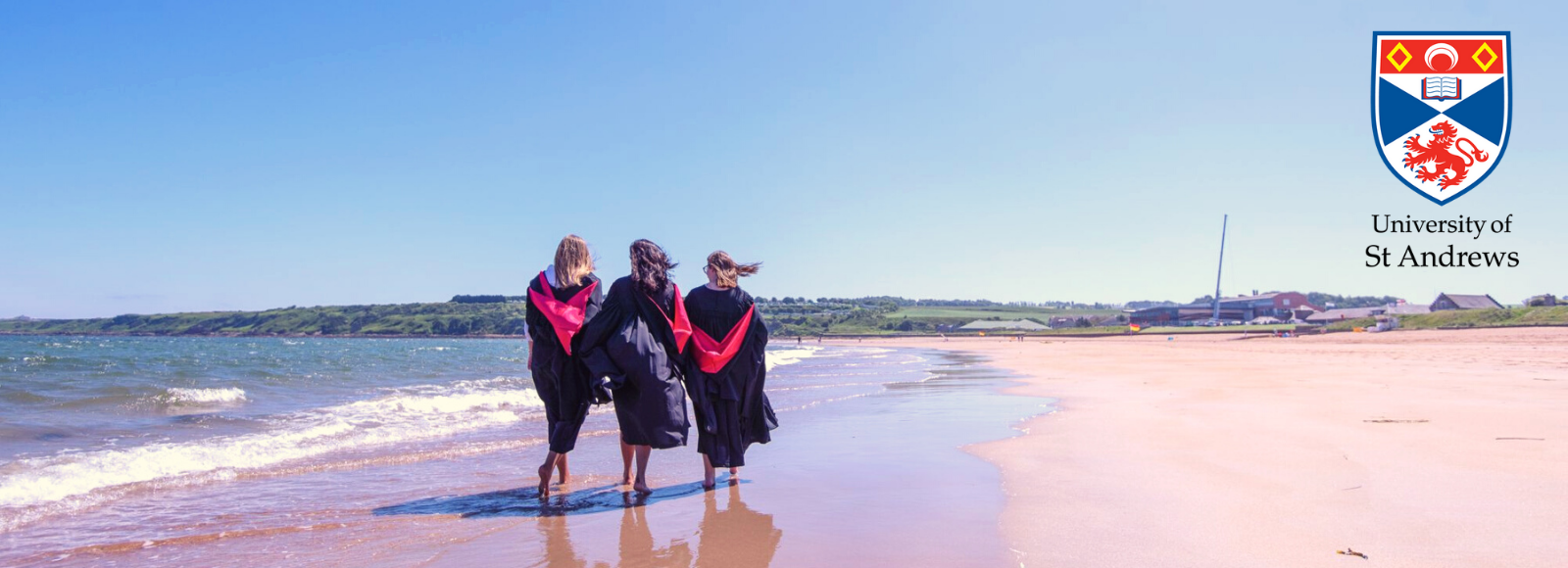- ...
Postgraduate Studentships - Search for funding opportunities.
Postgraduate Studentships - Search for funding opportunities.
The MRes in Anthropology, Art and Perception is led by the Department of Social Anthropology within the School of Philosophical, Anthropological and Film Studies.
Highlights
The programme takes art as its starting point and draws on themes extending across the subject boundaries between art and anthropology. These themes include:
The MRes provides an excellent grounding in contemporary research themes and innovative research methods for students aiming to do a PhD in anthropology, visual culture, design anthropology, and related subjects. It also provides important training for students interested in a career in the heritage sector, development, the creative industries, workplace management and design.
A 2.1 Honours undergraduate degree. No previous anthropological experience is required. If you studied your first degree outside the UK, see the international entry requirements.
For fees and funding options, please visit website to find out more
Graduates in social anthropology from St Andrews will gain key practical skills in analysing social and cultural dynamics and how they shape relations, attitudes and experiences. They will learn how to communicate cross-culturally and to examine problems reflexively and holistically, revealing and questioning taken-for-granted assumptions.
These skills are transferable to many different careers, and are particularly sought after in development, the non-profit sector, the civil service, human resources, museums and curation, environmental conservation, business, and education.
The Careers Centre offers one-to-one advice to all students as well as a programme of events to assist students in building their employability skills.
Compulsory
Anthropology, Art and Perception 1: centres on the role of the sensory in visual and material culture covering haptic, visual, sonic and gustatory themes in anthropology, and addresses the role of aesthetics from ethnographic and anthropological perspectives.
Anthropology, Art and Perception 2: explores anthropology's potential for contributing to and critiquing image production in film, art and photography, and develops new sensory approaches to observation and engagement.
Dissertation
Students can choose to complete a 15,000-word research dissertation or a 7,500-word dissertation with a practical and or multi-modal element. Student dissertations will be supervised by a member of teaching staff who will advise on the choice of subject and provide guidance throughout the research process. The completed dissertation must be submitted by a specified date in August.
If students choose not to complete the dissertation requirement for the MRes, there is an exit award available that allows suitably qualified candidates to receive a Postgraduate Diploma. By choosing an exit award, you will finish your degree at the end of the second semester of study and receive a PGDip instead of an MRes.

Scotland’s first university, an experience like no other Masters programmes to help you find your future. Are you looking to earn an outstanding pos...
Sign up to Postgraduate Studentships
Sign up to compare masters
Thanks for making your selection. Click below to view your comparisons.